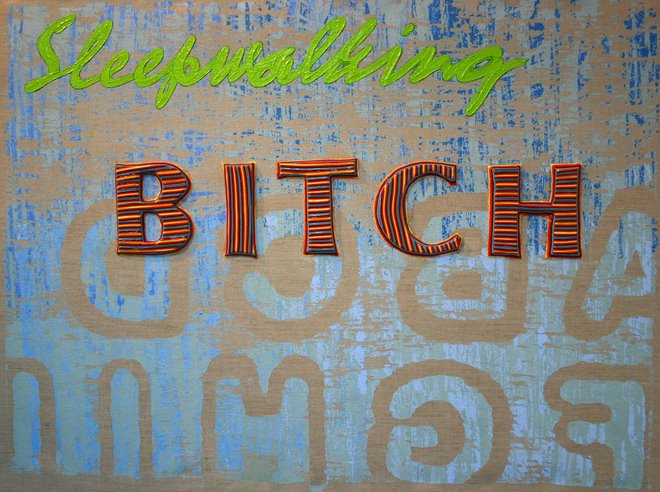
This magnificent butterfly finds a little heap of dirt and sits still on it; but man will never on his heap of mud keep still.
- Joseph Conrad
The following information is bowlderized from the New York Times:
Vladimir Nabokov, celebrated author of Lolita, Dark Laughter and other masterpieces of 20th century literature was also a lepidopterist of note.
In 1945 Nabokov speculated (based on collection, dissection and observation) that a group of butterflies known commonly as Polyommatus blues had come to the new world (from Asia) via migration.
Gene sequencing technology has now proven Nabokov’s speculation to be verified fact.
“I found it and I named it, being versed
in taxonomic Latin; thus became
godfather to an insect and its first
describer — and I want no other fame.”
- penned the author.
The writer also imagined (in regard to Polyommatus blue) a fictive “- modern taxonomist straddling a Wellsian time machine.” traveling millions of years into the past. The imaginary time-traveling lepidopterist would hypothetically arrive at a period where Asian forms of butterflies existed alone. Then, traveling forward time, from that prototypical starting point, the observer would see five distinct migrations of blues arriving in the Americas.
Speculative genius makes proprietary areas of discipline permeable things and discounts conservative notions about the exclusive value of a strictly 'practical' education. i.e., an education that leads to quanitfiable employment outcomes.
In an age that values so-called practical (over imaginative speculation) it’s gratifying to see something lucidly imagined (via an artist’s visionary ‘gestalt’) prior to empirical proof.
Poscript:
Traveling back in time to post world war 1945 can one imagine anything more frivolous, impractical and suspect for a grown man to do than chase butterflies and write fiction? Now consider how many ‘practical’ men, and their life’s work, from that same time, will be remembered - for making inarguably major contributions to both art and science.

